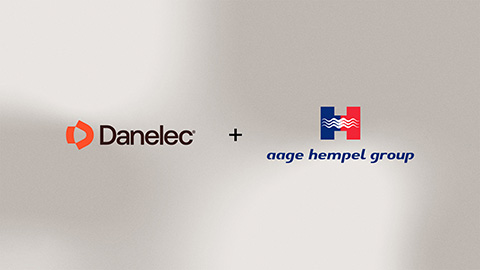Through our agnostic platform, we simplify data capture and analytics to bridge the gap between ship and shore.
Certified technicians
In the maritime industry
Vessels relying on our technology









At Danelec, we pride ourselves in delivering an agnostic platform enabling the maritime ecosystem to bridge the gap between the system that served our needs of the past and a solution that can scale to serve the needs of our future. A platform empowering ship owners to bridge the gap between ship and shore - ultimately, to enhance safety and sustainable operations.
Join us in bridging the gap between past practices and future solutions, enabling a more sustainable, safe, and transparent maritime industry.

Casper Jensen, CEO, Danelec

The full story behind our record-breaking year and our vision for the future of maritime technology. Explore our highlights on the website or download the full report.





























